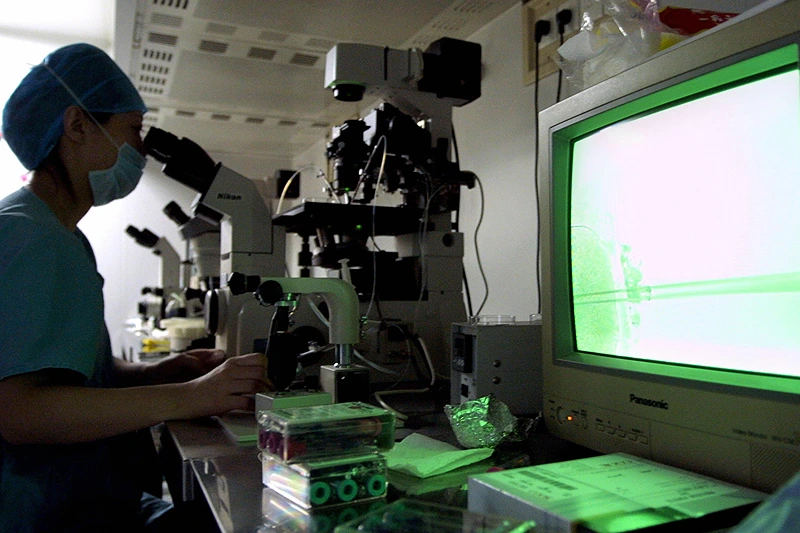

OAN’s Brooke Mallory
6:22 PM – Wednesday, September 20, 2023
The Alabama Supreme Court traveled to Mobile, Alabama, to hear arguments on Tuesday morning in light of the possibility of revisiting a case that a judge in that city had previously dismissed in 2022.
Advertisement
Three families reportedly filed a lawsuit against the Mobile Infirmary two years ago, claiming that the institution was at fault for allowing another patient to wander inside the embryology lab. According to court filings submitted in September 2021, the patient had accidentally dropped five vitrified embryos.
A Mobile judge rejected the wrongful death and negligence cases in April 2022, claiming that the Mobile Infirmary and the Center for Reproductive Medicine were not responsible for the deaths of the three couples’ frozen embryos.
“Saying that there’s essentially an immunity for those who destroyed the embryos and that there was no remedy for my client for the wrongful destruction of those embryos,” attorney Brian Duncan said.
Two of the three families who brought forward a case are being represented by Duncan. Reopening this case, he claimed, raises issues about the definition of wrongful death in Alabama as well as the beginning of life.
“How far do we really mean that we are going to protect life?” Duncan asked. “Do we mean that when we say life starts at conception that we’re going to protect all lives wherever they are located whatever size they are and whoever they are?”
Justices listened to oral arguments on Tuesday.
“This is a new issue,” said Chief Justice Tom Parker. “We’re really a first in the country to deal with this it looks like. There was a lot of back and forth, more than normal, because even the justices need to get a grip on this issue.”
Representatives of Mobile Infirmary said that for an embryo to be regarded as human life, it must be within a uterus.
The Alabama Medical Association’s Tommy Kenne stated that embryos are not people and do not possess human rights.
“They are human embryos, but they are not human beings,” Kenne said. “They’re not persons. They don’t have limbs they don’t have eyes, ears or noses.”
Parker highlighted a case from 1960 in which the Alabama Technological Association declared that life begins at conception, but Kenne argued that this is no longer true given modern technological advancements like IVF procedures.
“Because they enter in an agreement, and they say that when they’re excessive embryos, they can be transferred. They can be donated for medical research, and they can be discarded,” Kenne said.
A court decision is not expected to be reached for several months.
Stay informed! Receive breaking news blasts directly to your inbox for free. Subscribe here. https://www.oann.com/alerts





Be the first to comment